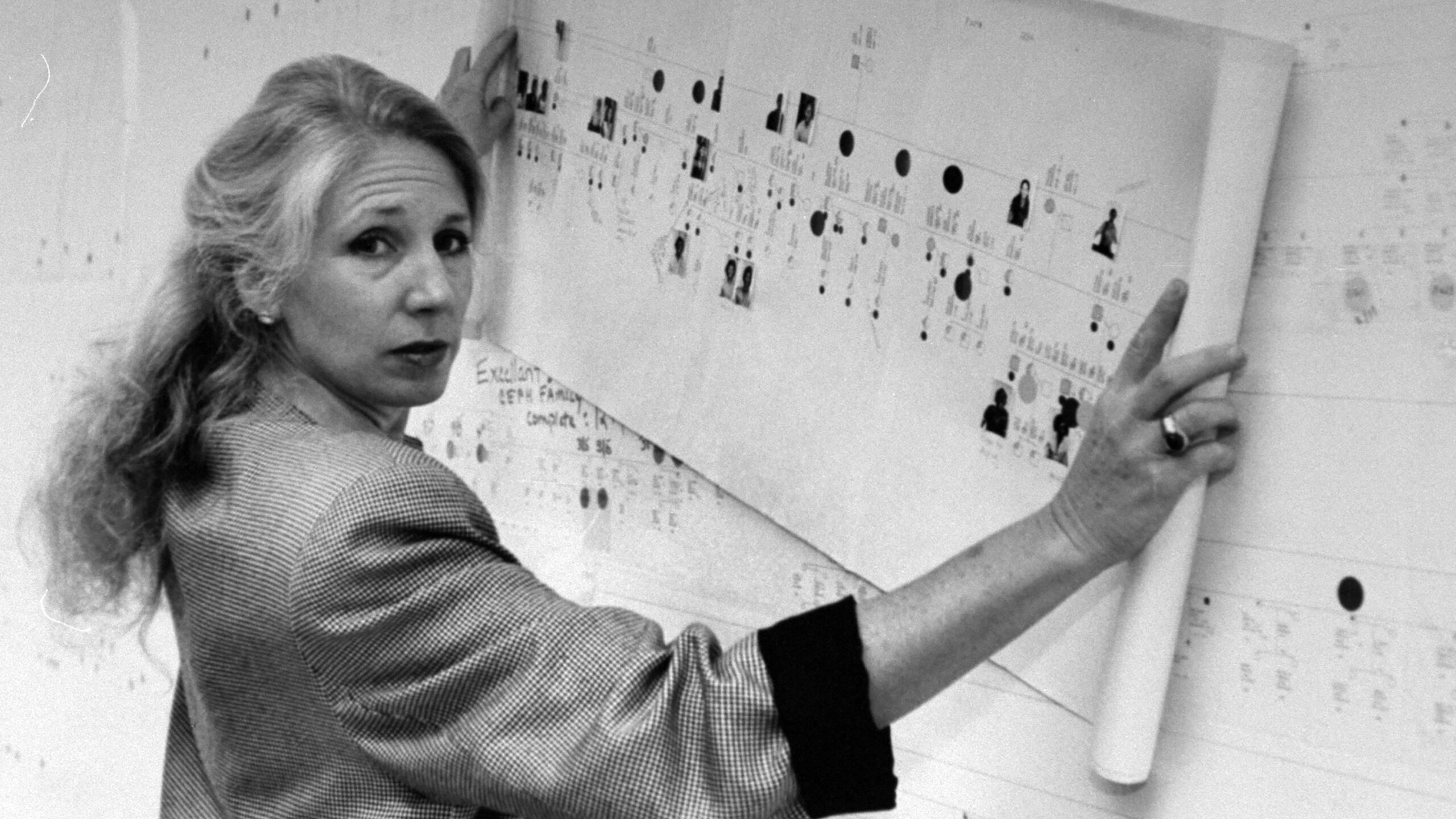Since George Huntington’s seminal report in 1872 describing a hereditary condition characterised by jerky movements and cognitive decline, the journey of the Huntington’s disease (HD) community has been marked by numerous challenges. For decades, families faced stigma and mistreatment due to misunderstanding of the condition. However, in 1993, a significant breakthrough occurred when researchers successfully mapped the probable location of the gene responsible for Huntington’s Disease, confirming that this is an inherited condition. This milestone brought newfound understanding and hope to individuals and families affected by Huntington’s Disease.
More than a century since the first description by George Huntington, in the year 1983, a team of researchers led by James Francis Gusella and Nancy Wexler, made a ground breaking discovery of mapping the location of the gene that caused Huntington’s Disease. This research endeavor was made possible by the participation of large families, notably the two Venezuelan communities near Lake Maracaibo, who played a pivotal role in mapping the gene to chromosome 4.
Their contribution, alongside the involvement of multiple families across Europe who donated blood samples and family histories, paved the way for Marcy E. MacDonald and her team of scienctists in identifying the HTT gene responsible for Huntington’s Disease, in the year 1993. Through a meticulous process of comparing unaffected gene testing results to those of affected individuals, researchers concluded that an increase in trinucleotide repeats in the HTT gene was responsible for the combination of symptoms characteristic of Huntington’s Disease as described by George Huntington.

Nancy Wexler – The scientist who made it possible
This journey underscores the paramount importance of research in the HD community, shaping understanding, driving progress, and offering hope for a brighter future. Today, as we continue on this journey to find a gene-based cure, it is more important than ever for the community to stay informed and drive the research. We understand that navigating scientific articles can be challenging, which is why we are excited to introduce you to HDBuzz. This online blog is a user-friendly resource freely available to everyone interested in learning about the latest discoveries in HD research.
We believe that by sharing knowledge and resources, we can empower ourselves to stay informed and engaged in the ongoing efforts to find better treatments and ultimately a cure for Huntington’s Disease. Together, we can make a difference in the fight against HD. Understanding the historical significance of Huntington’s Disease research helps us appreciate the advancements in treatment. With increasing importance being placed on human rights and the safety of study participants, participation in research has become more streamlined through patient registries. Click the button below to learn more about patient registries and the crucial role they play in ongoing studies
